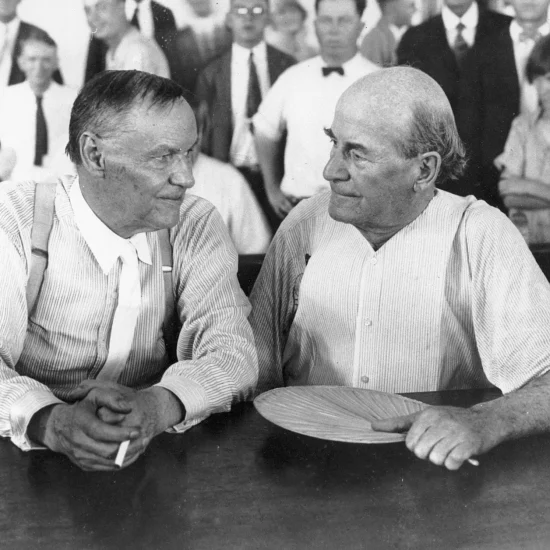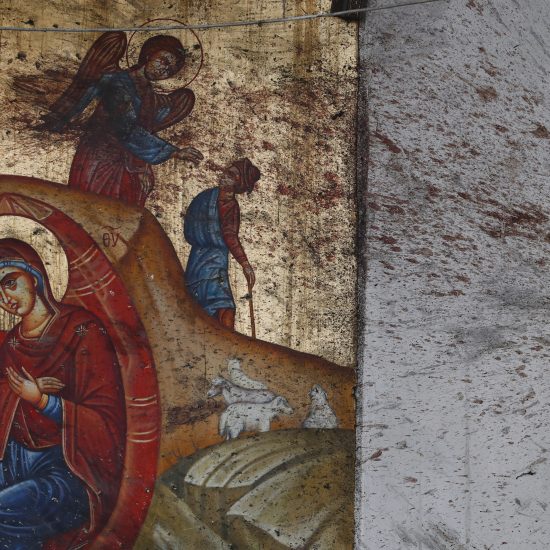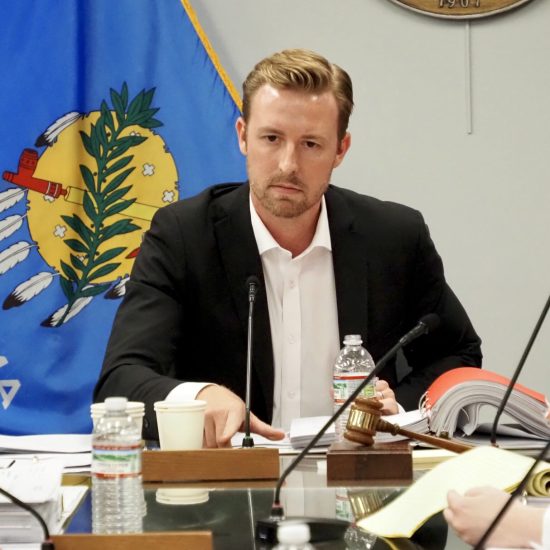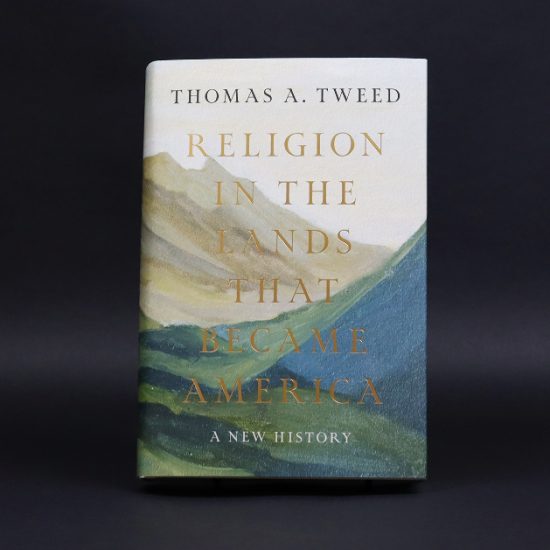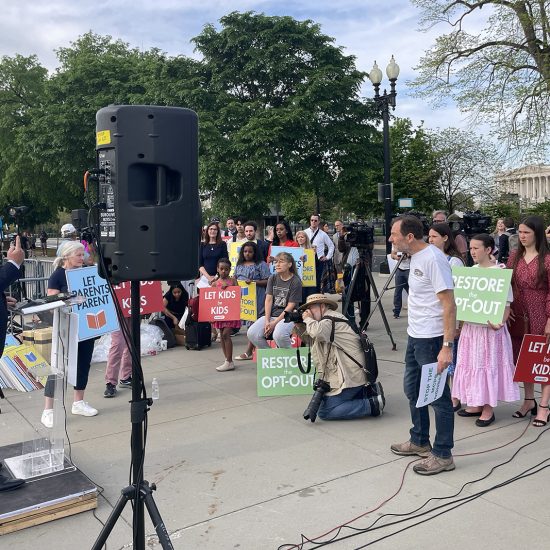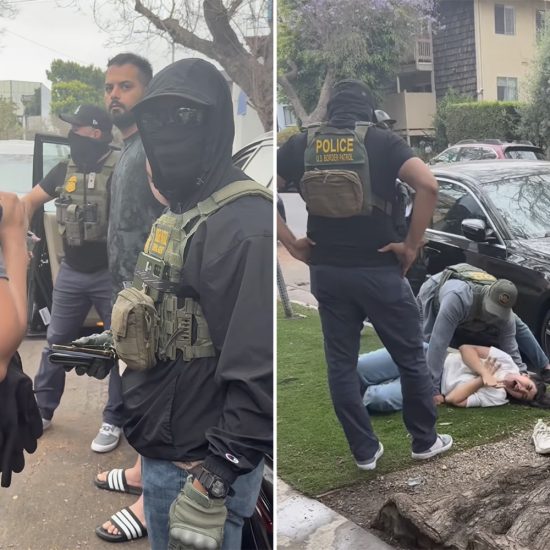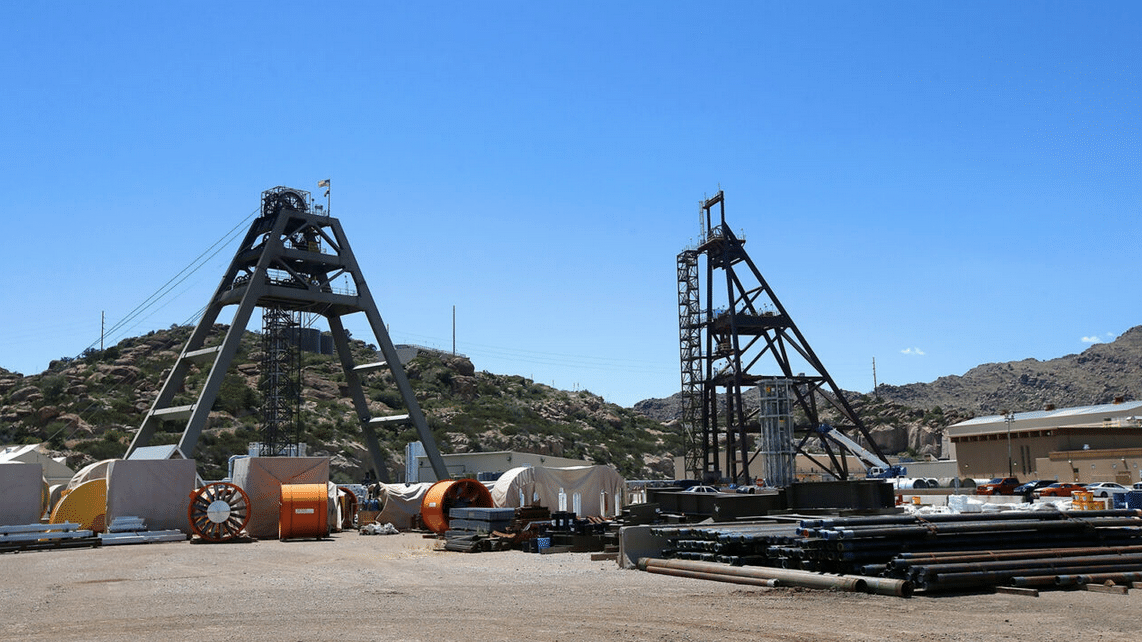
(RNS) — The fight to save Oak Flat, a 6.7-square-mile stretch of land east of Phoenix considered sacred by the Apache and other Native Americans, is back in court this week.
In a move the Arizona Republic has called unusual, a full panel of 11 judges reheard oral arguments in the case of Apache Stronghold v. United States on Tuesday (March 21) in the 9th U.S. Circuit Court of Appeals in Pasadena, California.
The case previously had been heard by a three-judge panel, which held in a 2-1 ruling last summer that the government could proceed with the transfer of Oak Flat to Resolution Copper. The company, owned by British-Australian mining giant Rio Tinto, plans to turn the site into an underground copper mine.
Apache Stronghold — a coalition of Apache and other tribal nations, diverse faith leaders, prominent environmental groups, the National Congress of American Indians and others — has argued this would violate the religious rights of many Apache and other Native Americans who have held ceremonies on the site since time immemorial.
“Oak Flat is where my people have come to connect with our Creator for millennia, and we have the right to continue that sacred tradition,” Apache Stronghold founder Wendsler Nosie Sr. said in a written statement after the hearing.
“Today we stood up in court for that right, determined to stop those who think that our place of worship can be treated differently simply because it lacks four walls and a steeple. We are hopeful that this time around, the Ninth Circuit will save Oak Flat.”
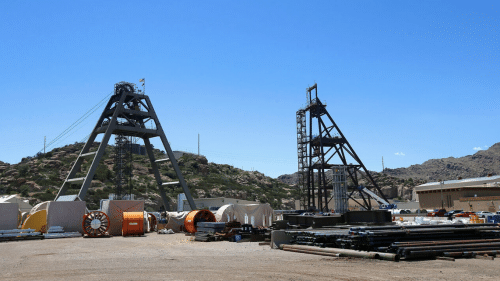
This file photo taken June 15, 2015, shows the Resolution Copper Mining area Shaft #9, right, and Shaft #10, left, that await the expansion go-ahead in Superior, Arizona. The mountainous land near Superior is known as Oak Flat or Chi’chil Biłdagoteel. It’s where Apaches have harvested medicinal plants, held coming-of-age ceremonies and gathered acorns for generations. (AP Photo/Ross D. Franklin, File)
Repairers of the Breach, a nonprofit headed by Bishop William J. Barber II and the Rev. A. Kazimir Brown, hosted a “spiritual gathering” online before the hearing.
It’s one of several religious groups supporting Apache Stronghold, including The Church of Jesus Christ of Latter-day Saints, Seventh-day Adventists, the Islam and Religious Freedom Action Team of the Religious Freedom Institute, the Christian Legal Society, the Jewish Coalition for Religious Liberty and the Sikh Coalition.
“A win for Apache Stronghold will be a win for people of all faiths,” said Luke Goodrich, vice president and senior counsel at Becket Law, formerly the Becket Fund for Religious Liberty, the nonprofit legal institution representing Apache Stronghold.
On Tuesday, Goodrich reiterated Apache Stronghold’s position to a new panel of judges: The destruction of Oak Flat, known in Apache as Chi’chil Biłdagoteel, would “irreparably harm the religious expression and practices of the region’s first inhabitants.”
A number of Apache ceremonies can take place only at Oak Flat, a “blessed place” where the Apache believe Ga’an — guardians or messengers between the people and Usen, the creator — dwell, according to court filings.
“The government’s position in this case is that it can obliterate a place of worship for any reason or none at all, and not face consequences under federal religious liberty law. We asked the court today to recognize the obvious — that when the government destroys a sacred site, religious liberty law has something to say about it,” Goodrich said in a written statement afterward.
The site also encompasses the third largest copper ore deposit in the world, according to Joan Pepin, an attorney for the U.S. Forest Service.
Congress approved the transfer of the land to Resolution Copper in 2014 as part of the National Defense Authorization Act in exchange for 6,000 acres elsewhere. Pepin noted in court that the company has preserved another site, called Apache Leap, for religious and cultural uses.
The federal appeals court previously had ruled that Apache Stronghold failed to show a substantial burden on its religious exercise. Judges continued to press attorneys — who also included Stephanie Barclay, director of Notre Dame Law School’s Religious Liberty Initiative — to define “substantial burden” and what that looks like under the Religious Freedom Restoration Act.
A decision in the case was not immediately expected.

